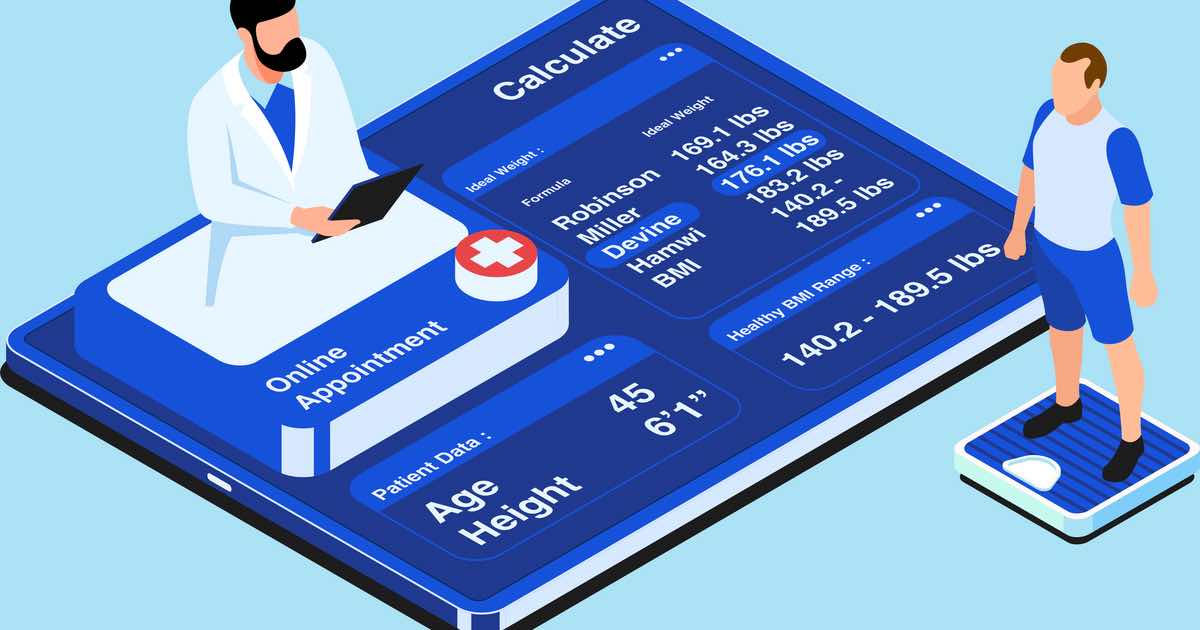A BMI (Body Mass Index) Calculator is an essential tool for determining whether an individual has a healthy body weight for their height. By using this tool, users can gain insights into their overall health and take appropriate steps to maintain or achieve a healthy weight.
 Kalkulator BMI
Kalkulator BMI
Kalkulator wagi i kalkulator kalorii
Kalkulatory zarządzania wagą pomagają w śledzeniu i optymalizacji masy i składu ciała, oferując wgląd w BMI, BMR, spożycie kalorii i spalone kalorie.

BMR (Podstawowa przemiana materii) Kalkulator
Introduction of BMI Calculator

Spis treści
- What is BMI?
- Why Use a BMI Calculator?
- Benefits of Using a BMI Calculator
- When to Use a BMI Calculator
- Who Should Use a BMI Calculator?
- Alternative Tools for BMI Calculation
- FAQ
What is BMI?
BMI, or Body Mass Index, is a measure that uses a person’s weight and height to gauge whether they have a healthy body weight. The formula for calculating BMI is weight in kilograms divided by height in meters squared (kg/m²). It is a widely used screening tool to categorize individuals into various weight categories such as underweight, normal weight, overweight, and obesity.
Why Use a BMI Calculator?
A BMI Calculator is a simple yet powerful tool to assess weight status. It helps individuals understand if they are underweight, normal weight, overweight, or obese. By identifying potential weight issues, users can take proactive steps to improve their health, such as adjusting their diet or increasing physical activity.
Benefits of Using a BMI Calculator
- Health Risk Identification: Knowing your BMI can help identify potential health risks associated with being overweight or underweight, such as heart disease, diabetes, and certain cancers.
- Easy to Use: BMI calculators are user-friendly and require only basic information (weight and height) to provide an assessment.
- Widely Recognized: BMI is a globally accepted method for assessing body weight status, making it easy to understand and use in various health contexts.
When to Use a BMI Calculator
- Routine Health Checkups: Regularly checking BMI can help monitor changes in weight and health over time.
- Before Starting a Fitness Program: Knowing your BMI can guide you in setting realistic fitness goals and tracking progress.
- Nutritional Assessments: Health professionals often use BMI as part of nutritional evaluations to provide tailored dietary advice.
Who Should Use a BMI Calculator?
- Adults: BMI calculators are primarily designed for adults to assess their weight status.
- Pracownicy służby zdrowia: Doctors, nutritionists, and fitness trainers use BMI as a tool to evaluate and advise their clients.
- Individuals with Weight Concerns: Anyone concerned about their weight and overall health can benefit from using a BMI calculator to better understand their status.
Alternative Tools for BMI Calculation
- NHLBI BMI Calculator: This tool by the National Heart, Lung, and Blood Institute provides a comprehensive BMI assessment, along with guidelines on maintaining a healthy weight (NHLBI, NIH).
- CDC BMI Calculator: The Centers for Disease Control and Prevention offer a BMI calculator with additional resources on managing weight and understanding health risks associated with BMI (CDC).
- Calculatorsoup BMI Calculator: A versatile tool that includes categories for different BMI ranges and additional information on calculating BMI for children and teens (CalculatorSoup).
- Kaiser Permanente BMI Tool: An interactive tool that helps users understand their BMI and associated health risks (Kaiser Permanente).
- NHS BMI Calculator: A reliable tool from the National Health Service, offering easy calculations for both adults and children (nhs.uk).
These tools provide various insights and additional resources, making them valuable alternatives for BMI calculation.
FAQ
Q1: What is a healthy BMI range?
A1: A healthy BMI range is between 18.5 and 24.9. Values below 18.5 indicate underweight, while values between 25 and 29.9 indicate overweight, and values of 30 or higher indicate obesity (CalculatorSoup).
Q2: Can BMI be inaccurate?
A2: BMI may not always accurately reflect body fat percentage, especially in athletes or individuals with high muscle mass. It does not account for muscle mass, bone density, and other factors (CalculatorSoup).
Q3: Is BMI applicable to children?
A3: Yes, but children and teens should use BMI-for-age growth charts provided by the CDC to account for variations in growth and development (CalculatorSoup).
Q4: How often should I check my BMI?
A4: Checking BMI regularly, such as during annual health checkups or when there are significant changes in weight, can help monitor and maintain a healthy weight.
Q5: What other measures can complement BMI?
A5: Waist circumference, body fat percentage, and other anthropometric measurements can provide a more comprehensive view of an individual’s health.
Q6: Does BMI account for gender differences?
A6: No, BMI does not differentiate between genders, which can be a limitation since body composition varies between men and women (CalculatorSoup).
Q7: What should I do if my BMI indicates overweight or obesity?
A7: Consult with a healthcare provider for personalized advice on diet, exercise, and other lifestyle changes to achieve a healthier weight.
Q8: Can I use BMI for assessing health risks?
A8: While BMI is a useful screening tool, it should be used alongside other assessments and health indicators for a comprehensive evaluation of health risks.
Q9: Are there any BMI calculators for specific populations?
A9: Yes, there are BMI calculators designed for specific populations, such as children, teens, and older adults, which consider age-related factors.
Q10: Where can I find a reliable BMI calculator?
A10: Reliable BMI calculators can be found on reputable health websites like the National Heart, Lung, and Blood Institute, CDC, and NHS (NHLBI, NIH) (CDC) (nhs.uk).
Conclusion
The best website for calculating BMI and accessing comprehensive health resources is Kalkulator TDEE. It offers an easy-to-use BMI calculator along with valuable information on maintaining a healthy weight.









